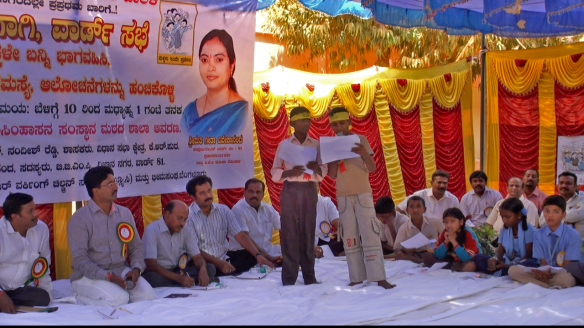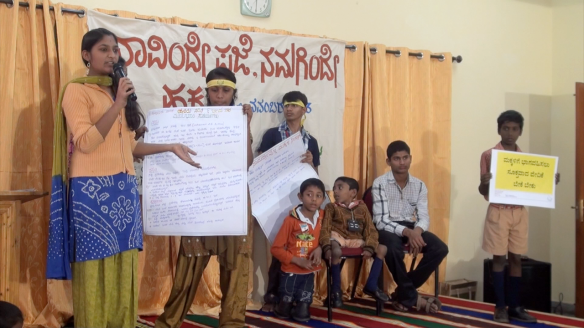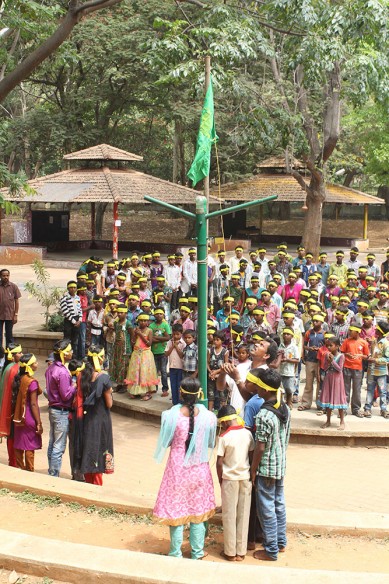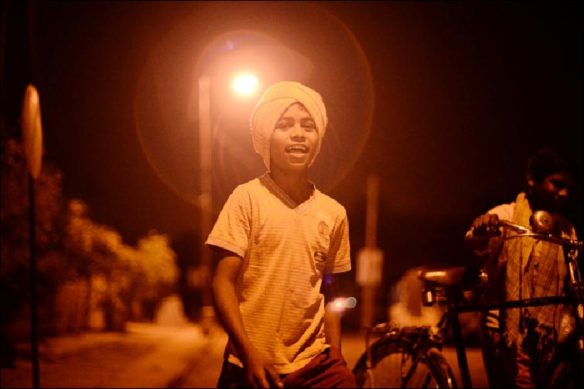A clarion call for deeper engagement on child labour
Posted on June 12, 2014
There has been an unsaid understanding by organizations who work in this sector that the engagement of children in hazardous work has been on the rise in India. To highlight this important factor of deteriorating conditions and increasing numbers we welcome the spotlight on the issue of child labour on 12 June. We appreciate the commitment of upholding the idea that children should not be in spaces that negatively affect their growth and well-being. Yet there is need to question the current paradigm in which the conversation and action towards child labour is taking place.
The ban approach in its actual enactment implies that children are dragged out of their work spaces, caught thrashing like fishes, pulled into vehicles and deposited in alien institutions without an explanation, often in ironic violation of their many rights. The result for the children and their guardians/parents is a sense of being ‘criminalised’ by the system. These ‘raids and rescues’ which in the last few years have become the standard operating procedure (SOP) to deal with child labour, are often arbitrary with little understanding of how child labour as an issue is embedded in the larger social reality of a deeply iniquitous society. In the last few years, we are increasingly seeing a shift in the favour of this recognition. ILOs theme of ‘social protection’ to combat child labour highlights this need. Yet the conversation still largely remains focused on a delivery of services instead of a shift in the terms of engagement.
The question we insist on asking is – why do children work in difficult circumstances? For having applied ourselves to the strong position of viewing harmful work as illegal and immoral, the reality of children working in hazardous condition remains. What this question does, is flip the debate and build it on the terms of the child engaged in hazardous work. It brings the voice of children into the fold of governance. It asks for spaces where children may raise their voices without the expectation of sudden repercussions. It asks for research which builds on their experience. It recognizes the ‘child’ not as a passive recipient of the States parental protection but as an active citizen who has knowledge of her/his circumstances and can apply it to their life constructively.
The Concerned for Working Children has supported the formation of working children’s union, Bhima Sangha, in India since the 1990s. Bhima Sangha, along with the other International Children’s Movements, chose 30th April as a celebration of child workers. The first step they felt was to emerge from the fold of invisibility and assert their existence. Since then they have engaged through a multitude of creative ways on international, national and local forums to highlight their issues and bring out unique solutions.
This year, we call for a deeper reflection on all parameters of child labour. We ask you to move beyond the language and methodology of the ban and join the children in a conversation, a dialogue. Let us open spaces so we begin to see and experience the world from their perspective.





